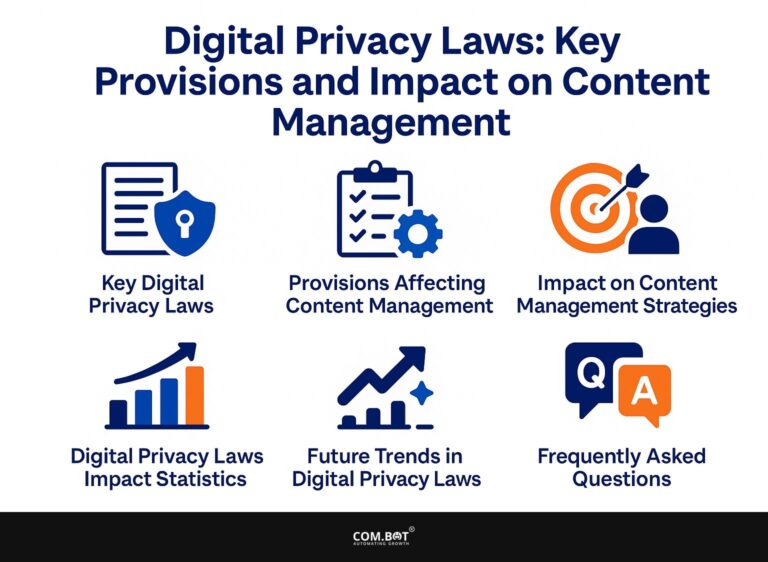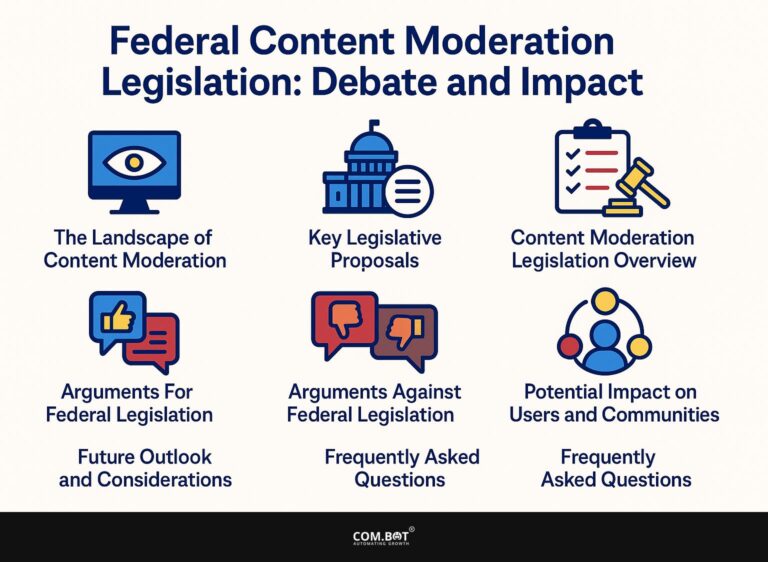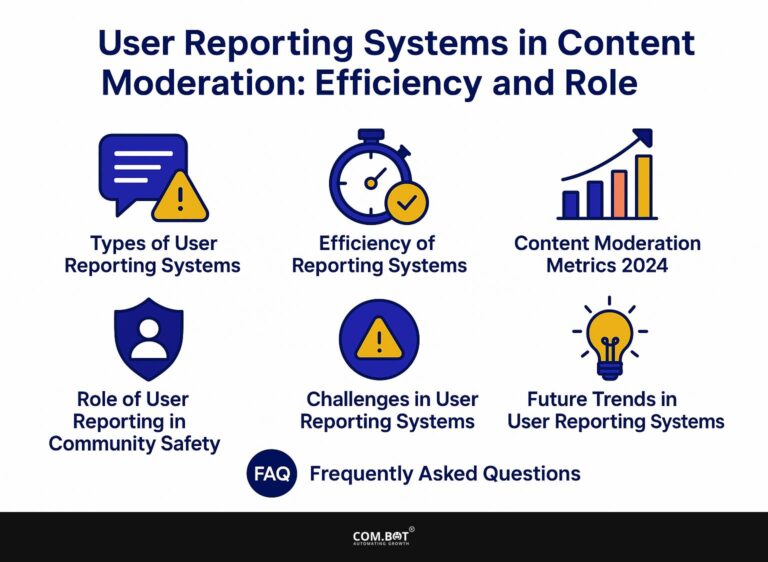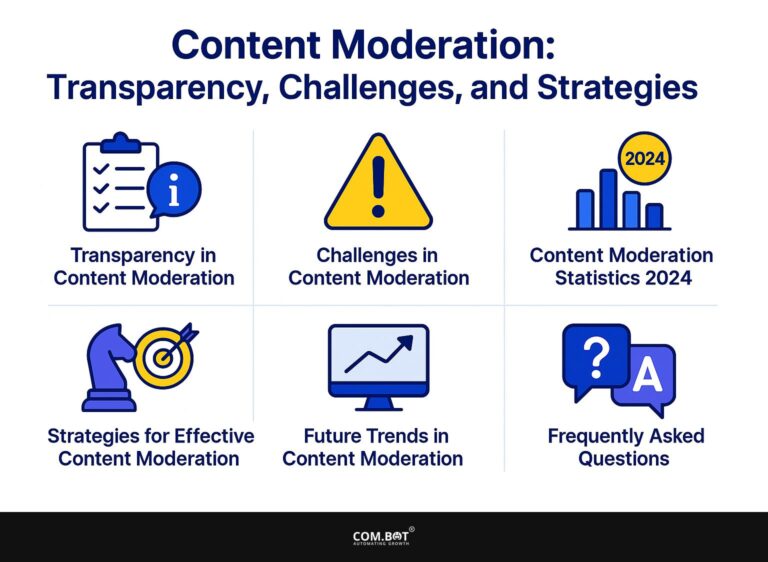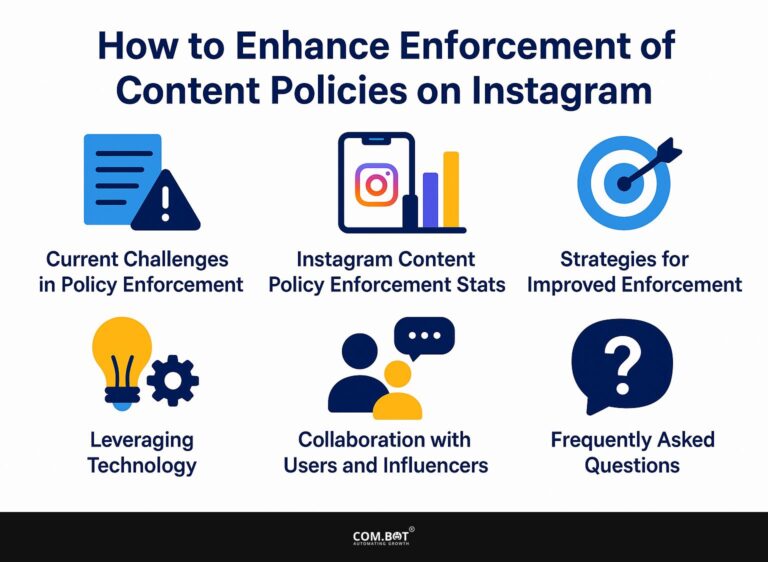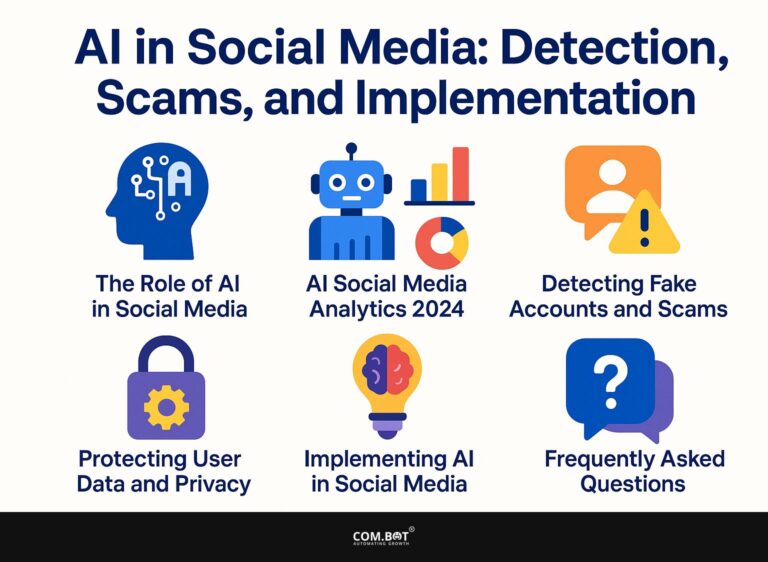AI Scale Back at Meta: Reasons and Consequences
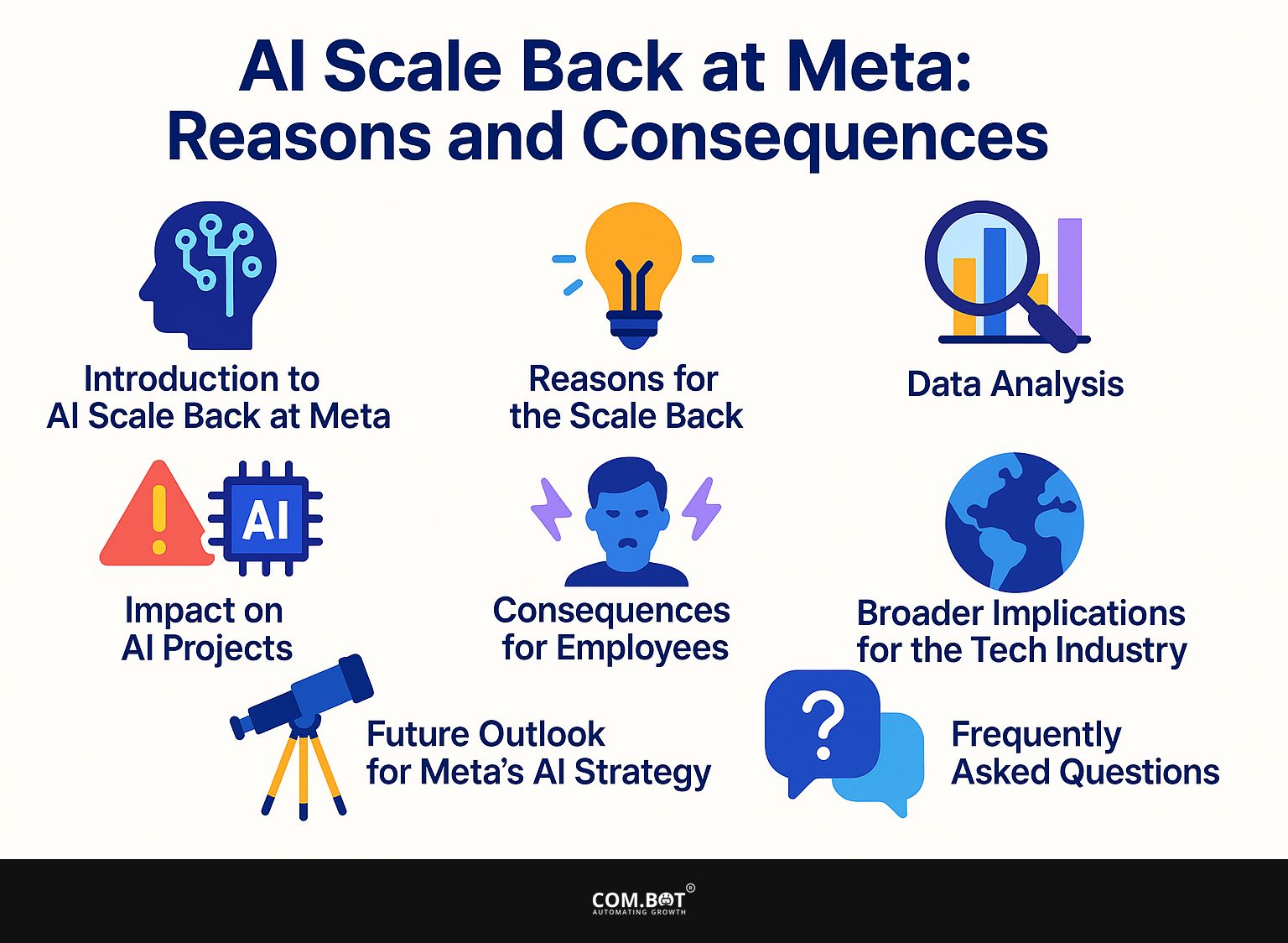
- 1 Introduction to AI Scale Back at Meta
- 2 Reasons for the Scale Back
- 3 Meta AI Scale Back Data Analysis
- 4 Impact on AI Projects
- 5 Consequences for Employees
- 6 Broader Implications for the Tech Industry
- 7 Future Outlook for Meta’s AI Strategy
- 8 Frequently Asked Questions
- 8.1 1. What is AI scale back at Meta?
- 8.2 2. What are the reasons for AI scale back at Meta?
- 8.3 3. What are the potential consequences of AI scale back at Meta?
- 8.4 4. How will AI scale back at Meta affect employees?
- 8.5 5. Is AI scale back at Meta a permanent decision?
- 8.6 6. Are there any potential benefits to AI scale back at Meta?
Introduction to AI Scale Back at Meta
As Meta changes its strategy on AI technology, cutting back brings up significant questions about what lies ahead for new developments. Due to the recent purchase of Scale AI and demands from organizations such as the U.S. Department of Defense, Meta is experiencing money challenges and changes in the market. This article looks into why this planned withdrawal is happening and what it might mean for employees and the larger tech sector.
Key Takeaways:
- Meta’s scale back of AI projects was driven by financial constraints and shifts in market demand.
- The consequences of this change include project cancellations, job reductions, and potential innovation stagnation risks.
- Meta might have to rethink its AI plans to concentrate on areas that bring in more money and change its goals for the years ahead.
Reasons for the Scale Back
Meta’s choice to cut back on AI funding is due to budget limits and changes in market demand that influence tech spending.
Meta AI Scale Back Data Analysis
Meta AI Scale Back Data Analysis
Key Metrics: Financial Transactions
Key Metrics: Stake and Customer Interactions
The Meta AI Scale Back Data Analysis provides a thorough summary of main figures and financial activities related to Scale AI, including information about its worth, income, and relationships with involved parties. This analysis is important for assessing the financial condition and market status of Scale AI, particularly with major agreements and market factors in mind.
Under Financial Transactions, we see that Google plans to make a substantial payment of $200 million to Scale AI. This investment shows trust in Scale AI’s skills and growth possibilities. After Meta’s agreement, Scale AI’s worth increased to $29 billion, more than doubling from its previous valuation of $14 billion. This strong growth shows how quickly the company is expanding and improving how it is viewed in the market.
In 2024, Scale AI’s revenue is projected at $870 million, highlighting its strong financial performance and ability to generate significant income. The cost of one annotation task is priced at $100, which gives a look at their pricing approach and running expenses. This pricing model is important to know how their services can grow and make money.
Moving to Stake and Customer Dynamics, Meta holds a substantial 49% stake in Scale AI, indicating a significant level of influence and investment in the company. This partnership likely brings strategic advantages and collaborative opportunities, enhancing Scale AI’s market reach and capabilities.
- Influencers and Brands: The data also reveals that 54% of influencers are nano-influencers The focus is on using smaller, specialized influencers for promoting products. This approach works well for brands looking to connect with active and specific groups of people.
- Additionally, 46.7% of brands use Instagram influencer marketing, showcasing the platform’s importance in modern marketing strategies. This high percentage shows that brands use influencer partnerships to expand their audience and create genuine connections.
In summary, the Meta AI Scale Back Data Analysis highlights important financial changes and stakeholder interactions that influence Scale AI’s market position. The large investments, increase in value, and expected earnings show the company’s strength and potential for growth. Meanwhile, the influencer and marketing data reflect current trends and strategies employed by brands to effectively engage their audience.
1. Financial Constraints
Meta expects a 10% drop in revenue for the fourth quarter of 2023, leading them to reconsider the budget for AI projects, particularly in costly areas like data labeling. To address these financial pressures, Meta should consider reallocating budgets towards cost-effective AI tools.
Platforms such as Amazon SageMaker can simplify handling data, which cuts down the expenses of labeling data. Investing in open-source solutions like Labelbox or Snorkel might curtail expenses while maintaining quality.
Focusing on projects that increase user interaction-like refining targeting algorithms-can help balance out revenue declines. This way, Meta can match its spending with new developments and maintain steady growth even with current difficulties.
2. Shifts in Market Demand
People now care more about privacy and data ethics, pushing companies like Meta to change their AI plans and focus on being open about their practices.
Many organizations are beginning to use guidelines for ethical AI. For instance, Scale AI emphasizes responsible data collection and provides tools that allow clients to audit their algorithms for bias.
Companies are implementing privacy-by-design principles, ensuring data protection is integral from the outset. Emerging trends like federated learning enable AI models to learn from decentralized data sources without compromising individual privacy.
By using these strategies, businesses can meet customer expectations, building trust and long-term growth. Those interested in how AI technologies can further impact business operations might appreciate our post on harnessing AI bots for business intelligence.
Impact on AI Projects
Meta’s reduction in operations may cause major changes in current AI projects.
Some projects might be completely stopped, while others may require changes in resources.
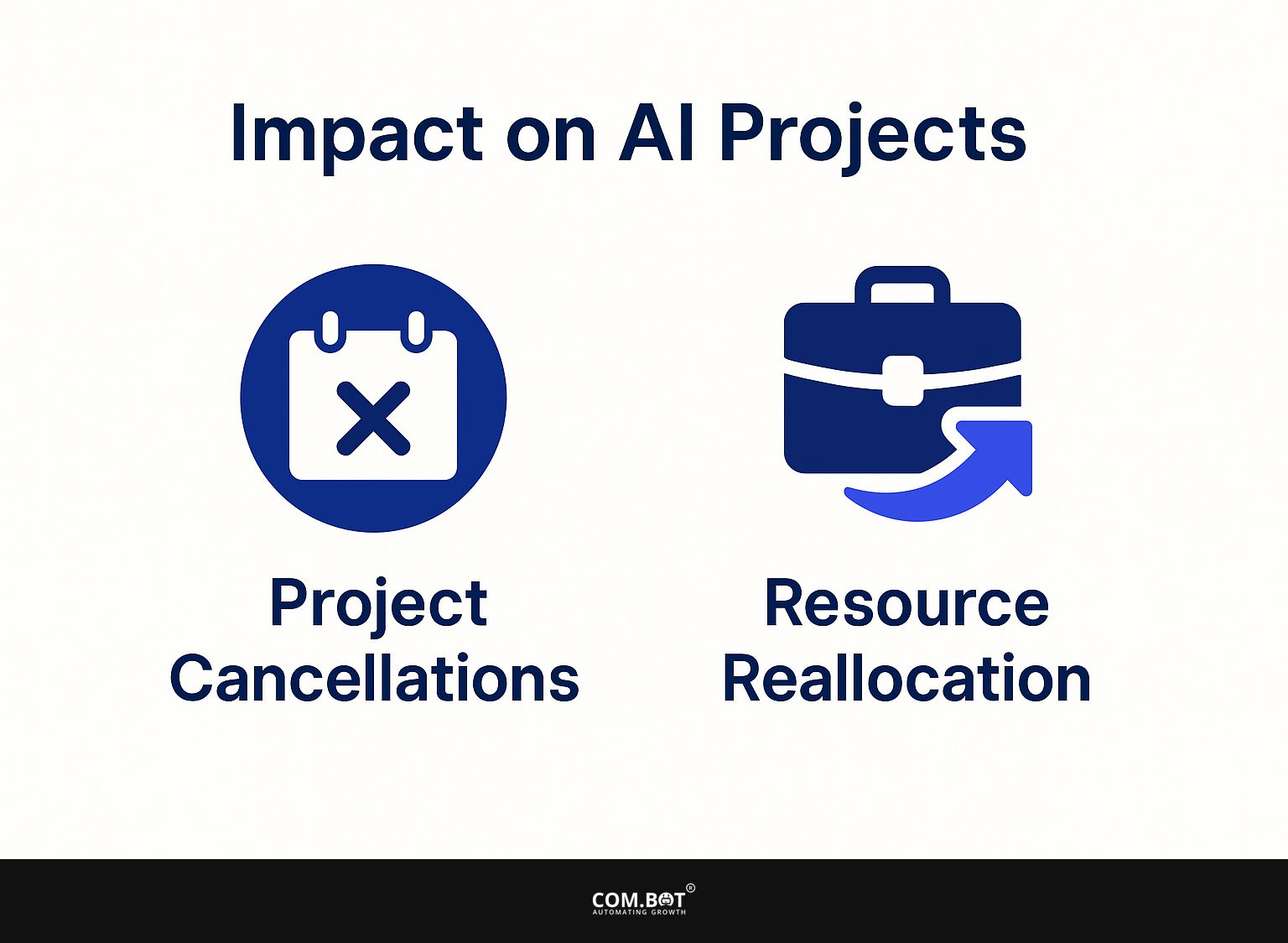
1. Project Cancellations
Recent project cancellations at Meta include high-profile AI initiatives such as collaborations with the U.S. Department of Defense, which could have long-term implications for military contracts. These cancellations might slow down Meta’s progress and affect its chances of getting government contracts, giving an advantage to competitors like OpenAI and Cohere.
For instance, OpenAI has been aggressively pursuing partnerships in the defense sector, focusing on ethical AI for real-time military applications. Concurrently, Cohere is improving tools for processing natural language, which might change how intelligence analysis is done.
Meta’s retreat from these initiatives could lead to a reputation as a less reliable collaborator, potentially sidelining it in key technological advancements.
2. Resource Reallocation
Meta is now shifting resources from canceled projects to improve AI systems aimed at data privacy and content moderation, responding to client worries about surveillance advertising. This planned change will improve teams such as the Responsible AI group, which creates algorithms focused on user agreement and openness.
Projects aimed at making automated content moderation tools more effective will receive support to improve their ability to identify harmful content.
By investing in these areas, Meta aligns with industry trends towards greater accountability in advertising practices. The aim is to increase user trust and make our privacy compliance better, which is key for attracting more advertisers.
Consequences for Employees
Cutting AI projects at Meta has led to many employees losing their jobs, which has affected team spirit.
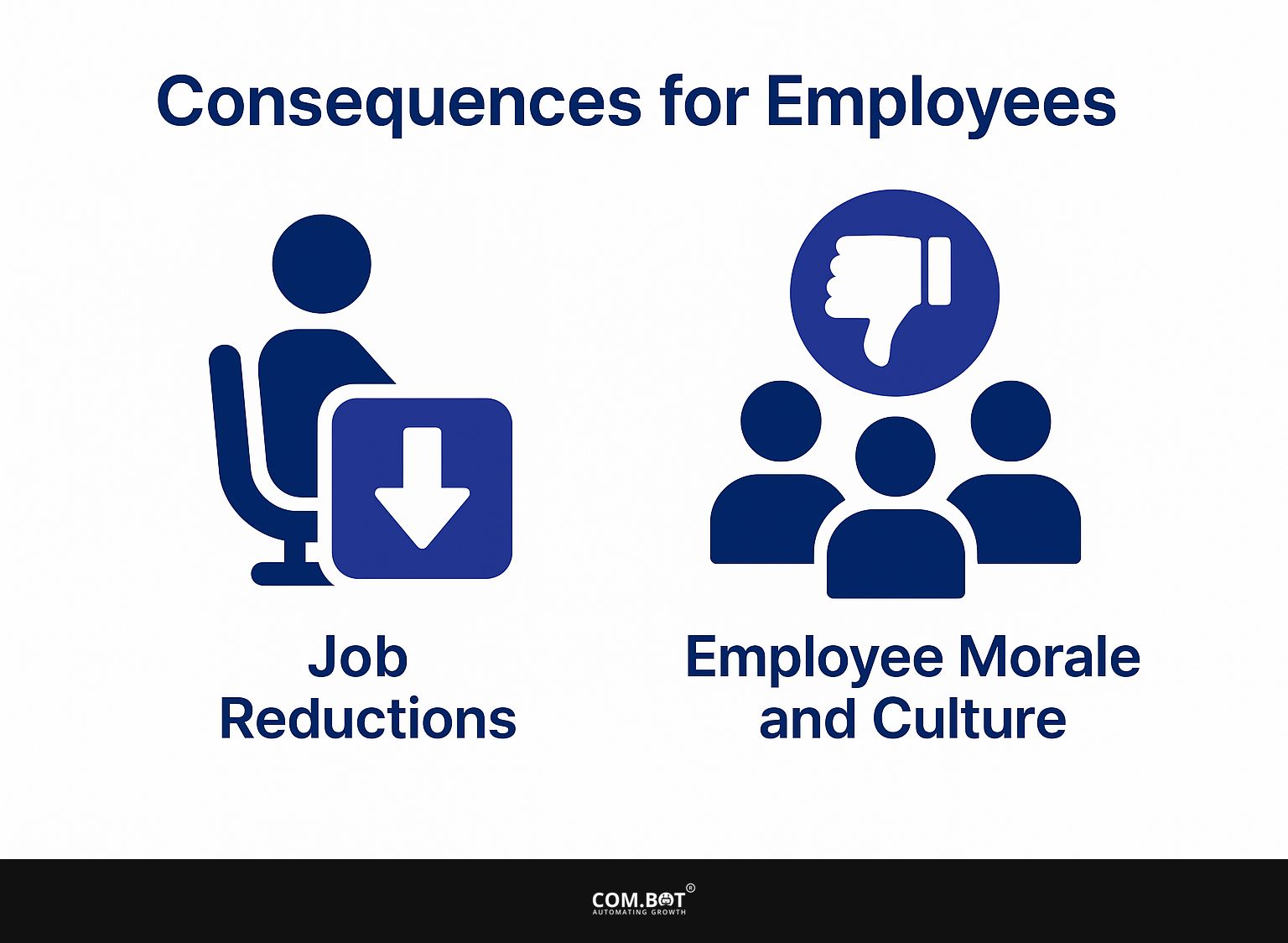
1. Job Reductions
Meta announced a 15% reduction in its AI workforce, impacting hundreds of employees, primarily among those involved in content moderation and data labelling.
Roles affected include content moderators who check that posts follow community rules, and data labelers who help train AI models to understand user inputs correctly.
Meta is providing a severance package that includes a few months of salary depending on how long the employee has been with the company, and access to mental health support.
The company has partnered with various job placement services to support employees in finding new positions in the tech field. They provide customized resume workshops and job matching programs.
2. Employee Morale and Culture
Job cuts and canceled projects have hurt worker morale at Meta, leading to lower productivity and more stress for those still working there.
Meta can take specific steps to deal with these issues.
- Start by planning regular group activities, like workshops or retreats, to encourage teamwork and build stronger connections.
- Providing access to mental health resources, including counseling services or mindfulness programs, can significantly support employees during this difficult time.
- Think about using regular small surveys to check how employees feel, allowing leaders to change plans based on the responses.
These actions can make the workplace better and increase participation, making everyone happier.
Broader Implications for the Tech Industry
Meta’s decision to reduce its AI efforts may impact the tech industry, affecting new developments and competition patterns. This change could also influence how AI is employed in various sectors, such as microtargeting strategies. For an extensive analysis of this trend, our comprehensive study on leveraging AI for microtargeting examines its potential applications.
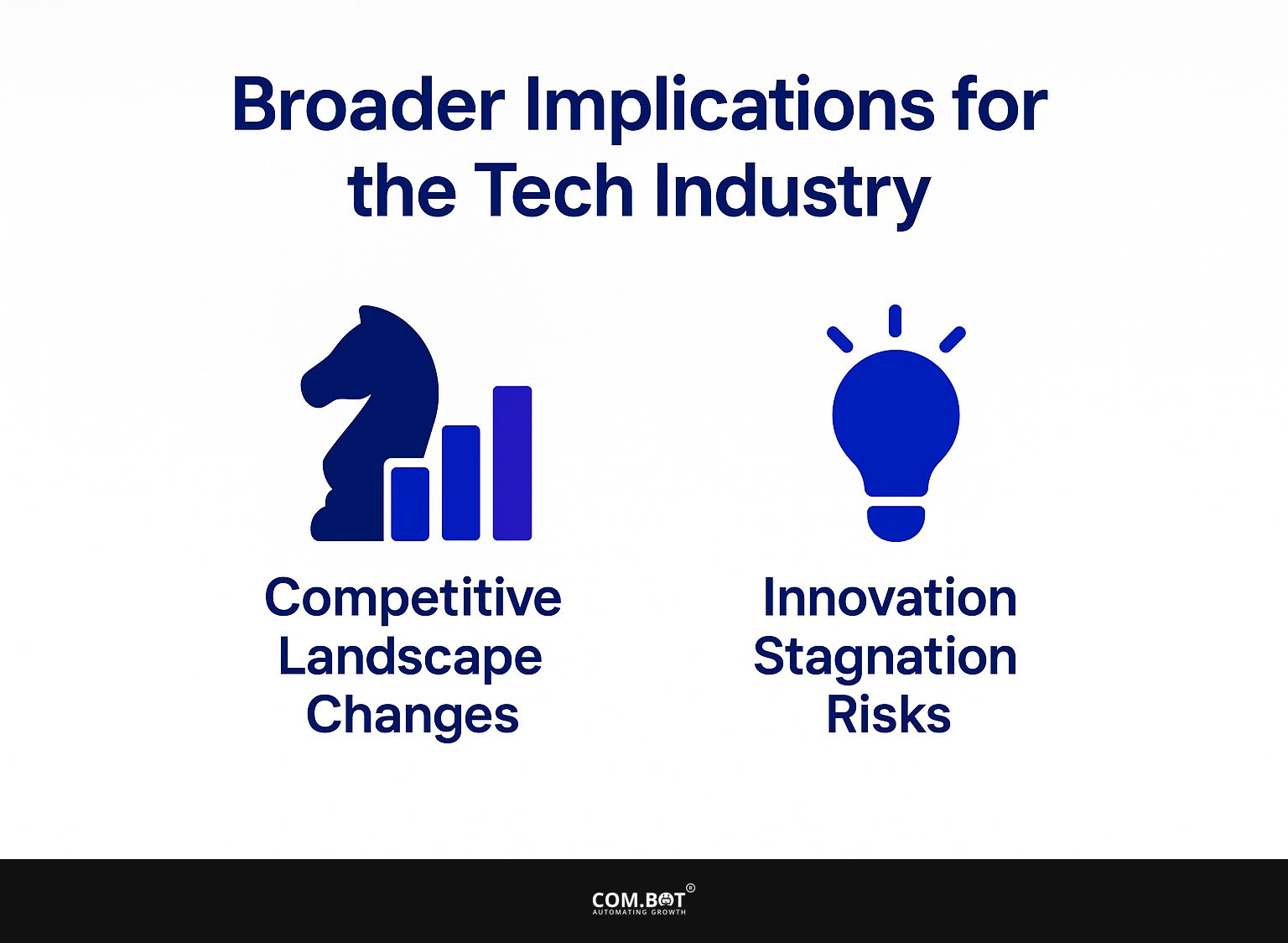
1. Competitive Landscape Changes
As Meta reduces its spending on AI, competitors like OpenAI and Anthropic might step in to take advantage of openings in the market.
OpenAI, for instance, is pivoting by enhancing its focus on developing specialized models for sectors like healthcare and finance. This plan helps them meet the specific needs of these industries by offering customized solutions that improve user interaction.
Anthropic is emphasizing safety and ethical AI practices, setting itself apart by prioritizing transparency. Both companies are using what they have already created and forming partnerships with businesses to become reliable leaders in the AI field, changing how they compete with each other.
2. Innovation Stagnation Risks
The reduction in AI funding at Meta raises concerns about potential stagnation in technological advancement, particularly in high-risk sectors like military technology.
According to a recent report from the Brookings Institution, sectors such as defense, healthcare, and space exploration are particularly vulnerable.
For instance, without substantial investment, advancements in autonomous weapons systems might slow, affecting national security strategies. The healthcare sector could see hindered innovation in AI-driven diagnostics, which rely on large datasets for training.
These industries, known for their complexity and high stakes, depend on continuous funding and innovation to address emerging challenges effectively.
Future Outlook for Meta’s AI Strategy
Meta’s AI plan will likely focus on gradual development, emphasizing data privacy and improving algorithms.
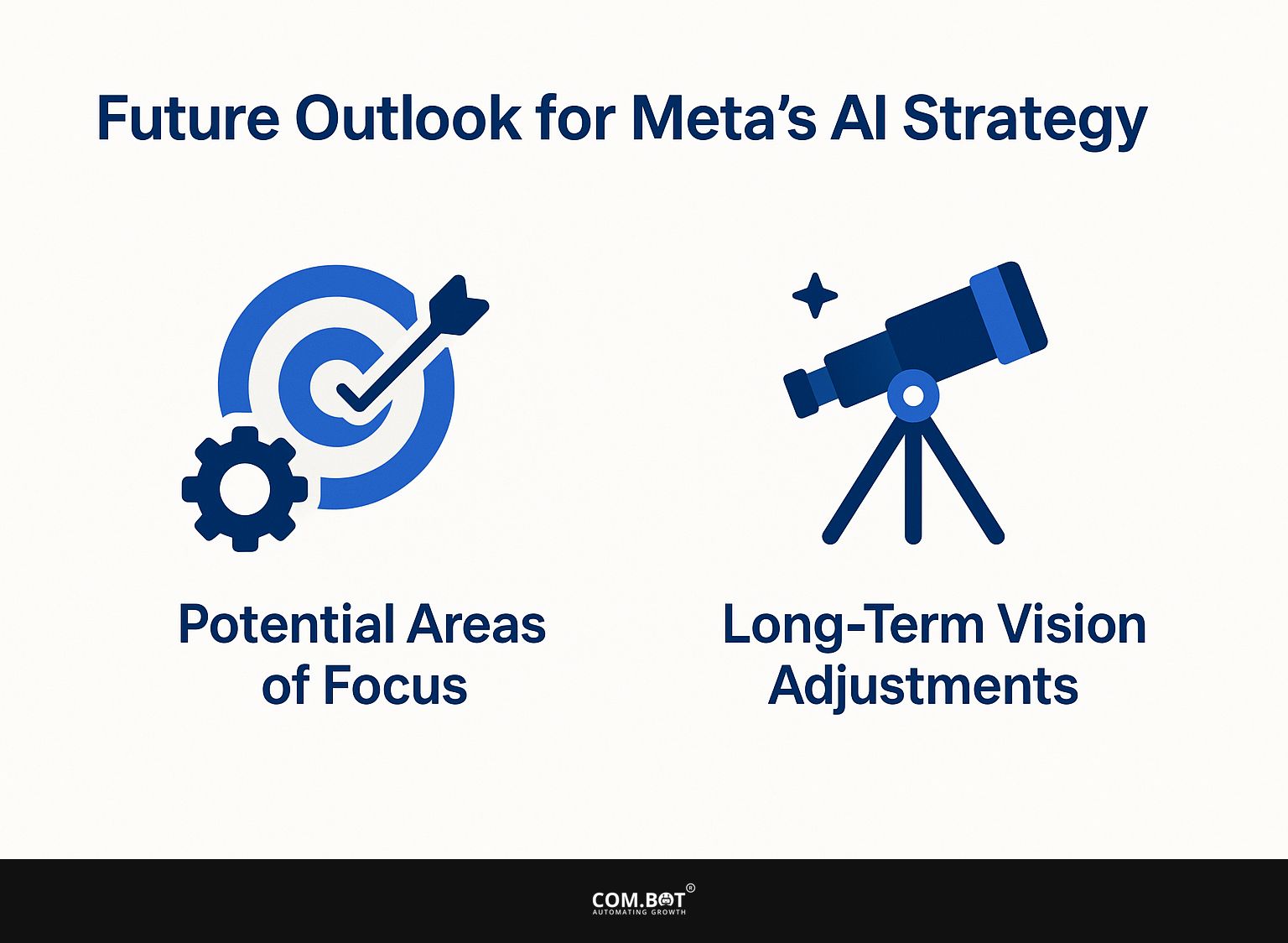
1. Potential Areas of Focus
Meta plans to focus on improving data privacy and making algorithms better to meet the increasing demand from users for responsible AI practices.
Meta can work on specific important areas to reach these goals. To start, working with privacy-focused groups like the Electronic Frontier Foundation will help create trust and establish strict data protection rules.
Implementing metrics like user data anonymization rates and incident response times can measure success. Giving clear information about how data is used through frequent updates will help users understand better and create a knowledgeable community, resulting in happier users and stronger brand loyalty.
2. Long-Term Vision Adjustments
Meta’s long-term vision for AI may undergo significant adjustments, shifting away from aggressive expansion towards a more measured approach that considers ethical implications. This shift reflects approaches used by companies such as Microsoft and Google, which focus on using AI responsibly.
For instance, Microsoft has implemented its AI Ethics Committee to guide its initiatives, ensuring alignment with societal values. Similarly, Google introduced AI Principles that emphasize fairness and accountability in their AI systems.
Meta could adopt a similar structure, focusing on user privacy and transparency, which will help rebuild trust and sustainability in their AI strategy. By studying these examples, Meta can move towards a moral system that balances new ideas with accountability.
Frequently Asked Questions
1. What is AI scale back at Meta?
The reduction of AI at Meta means the company is using less artificial intelligence technology and tools.
2. What are the reasons for AI scale back at Meta?
The reasons for AI scale back at Meta could vary, but some possible reasons include budget constraints, lack of desired results, or ethical concerns surrounding AI technology.
3. What are the potential consequences of AI scale back at Meta?
Reducing AI efforts at Meta might lead to slower work, less accurate choices, and falling behind in the market.
4. How will AI scale back at Meta affect employees?
AI scale back at Meta could potentially impact employees by reducing job opportunities and requiring them to take on additional responsibilities previously handled by AI technology.
5. Is AI scale back at Meta a permanent decision?
This answer is not final, as it depends on what the company plans to do next and changes in the AI field. However, reducing AI efforts at Meta might be a short-term step to deal with present issues or problems.
6. Are there any potential benefits to AI scale back at Meta?
While the decision to scale back on AI technology may have negative consequences, it could also provide an opportunity for the company to reevaluate their use of AI and make necessary adjustments to improve the overall effectiveness and ethical use of the technology.
